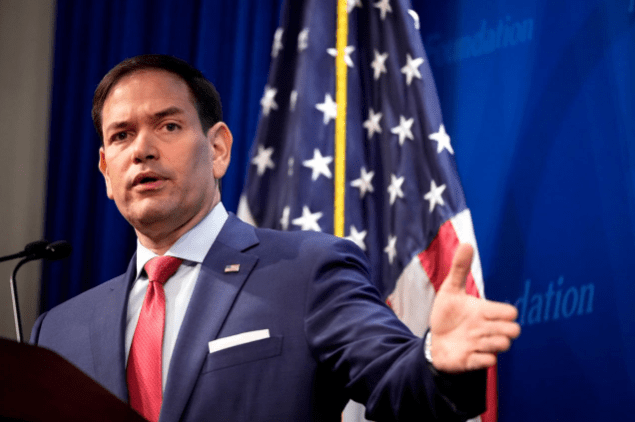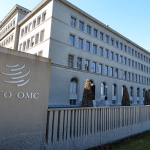A landmark agreement that will see the United Kingdom transfer sovereignty of the Chagos Islands to Mauritius is set to be formally signed today, marking the end of decades of British control over the remote Indian Ocean territory.
Prime Minister Sir Keir Starmer is expected to attend the signing ceremony virtually on Thursday morning. The move, however, is already fuelling political tension, drawing sharp criticism from both the Conservative Party and Reform UK.
The government insists that the decision has been driven by international legal rulings, which overwhelmingly favour Mauritius’ claim to the archipelago. These rulings, ministers argue, make continued British control untenable.
Under the terms of the deal, the UK will retain access to its key military base on Diego Garcia— the largest of the islands—via a 99-year lease. There are also provisions that may extend this arrangement for a further 40 years, though details remain under wraps.
Later today, MPs are expected to be briefed on the full terms of the agreement in the House of Commons. Earlier this week, Defence Secretary John Healey stressed the strategic significance of the Diego Garcia facility.
He told Parliament: “We’ve had to act, as the previous government started to do, to deal with that jeopardy. We’re completing those arrangements and we’ll report to the House when we can.”
Healey described the base as “essential to our security”, underlining the UK’s need to maintain a military foothold in the region.
Despite government assurances, critics warn the handover could unintentionally boost China’s influence in the Indian Ocean—an area already seeing rising geopolitical tension. The worry: Beijing could use its growing ties with Mauritius to gain strategic leverage.
Although Labour is taking the heat for pushing the agreement through, it was the previous Conservative government that initiated these discussions. The process stalled during Donald Trump’s second term, when then-Secretary of State Marco Rubio labelled the potential deal a “serious threat” to US security.

That stance has since shifted. In a meeting at the Oval Office, the current US President signalled support for the agreement, telling Sir Keir he was willing to “go along” with the plan.
While governments iron out the geopolitical details, many Chagossians—especially those living in the UK—feel overlooked and betrayed.
Last year, some voiced fierce opposition to the deal. Frankie Bontemps, speaking to Sky News, shared his anguish: “They decided the future of the island without even consulting the population, the Chagossian people, who are the heart of this tragedy. We are voiceless. I don’t know what else to say because we feel betrayed again.”
Another displaced islander, Jemmy, added: “Mauritius is not my home. The UK is not my home. Chagos is my home. We’ve been fighting against all odds to become somebody – and we still haven’t – but that is because we do not have our feet planted on our homeland.”
Today’s signing will close a significant chapter in Britain’s colonial legacy, but it opens a new one—filled with uncertainty, emotional fallout, and strategic recalculations.
For now, the UK retains a military presence in the region. But for many Chagossians, the real battle remains—reclaiming their right to return home.






